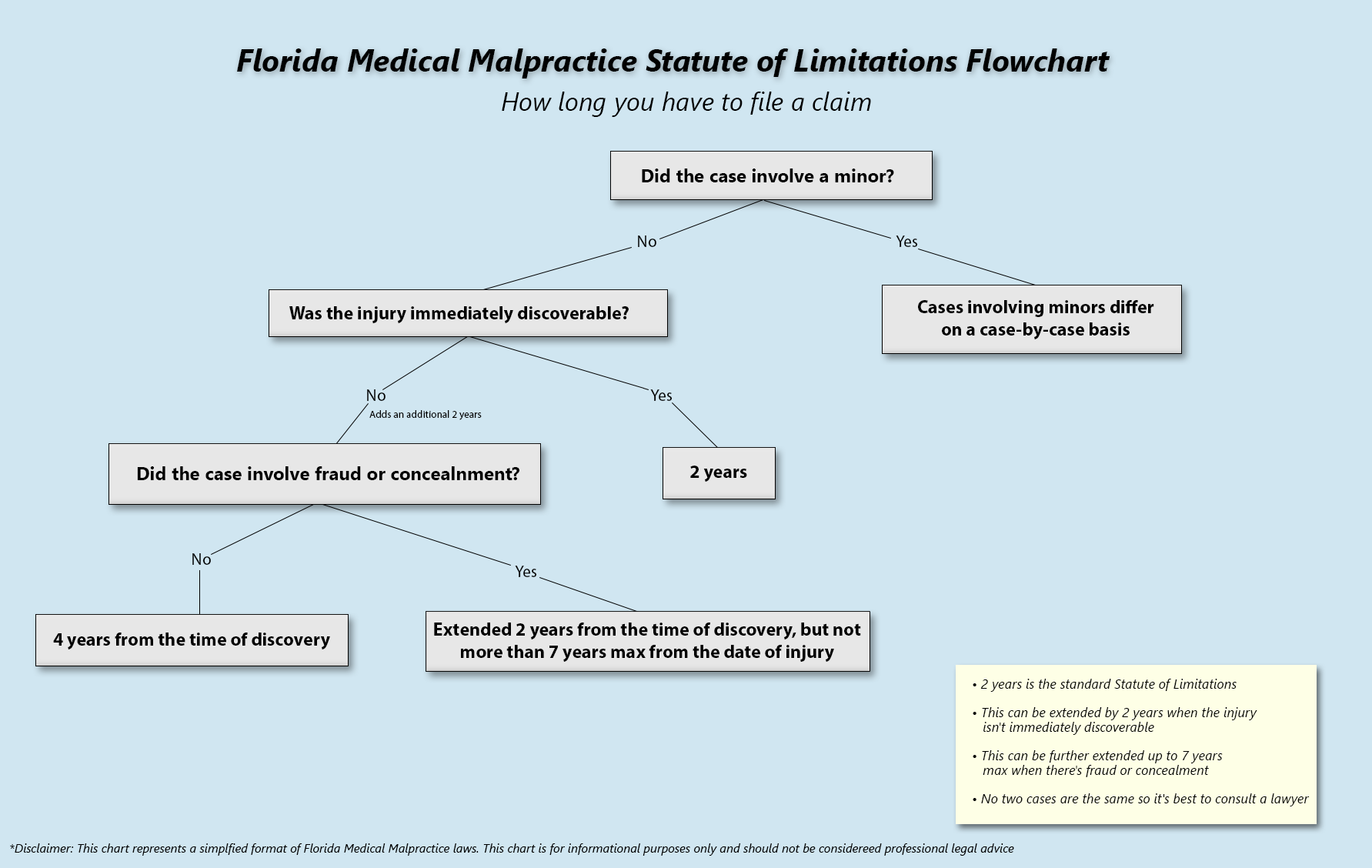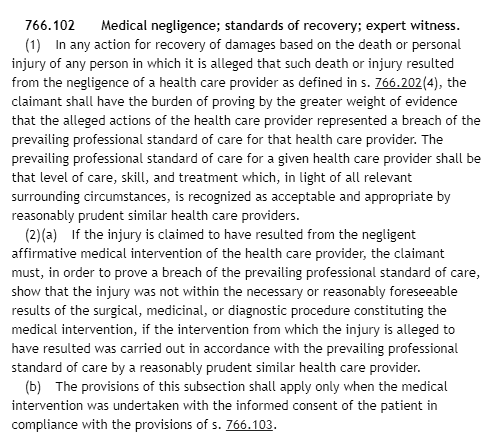Tort Law – Florida Healthcare Law Firm
Tort law in healthcare involves medical professionals and patients. Legally speaking, a tort occurs when a medical professional acts in a negligent manner and injures someone in their care. A tort is different from a criminal act.
For example, if a medical technician injects poison into a patient’s veins that is a criminal act…not a tort. So, the technician would be charged in Criminal Court. On the other hand, tort is a legal term for medical malpractice. Since, torts are not criminal acts; torts are handled in Civil Court.
At Di Pietro Partners, we represent medical professionals involved in medical tort law cases as well as individuals who have been injured as a result of medical negligence. With over a decade of trial experience representing both plaintiffs and defendants, our malpractice defense attorneys bring a unique level of knowledge and experience to this topic.
Healthcare Tort Examples
Various situations may trigger a healthcare tort. The following list includes some possible circumstances where medical malpractice may occur.
- Diagnosis- A failure to interpret or read test results leads to a missed or inaccurate diagnosis
- Medication Error- Knowingly prescribing the wrong medication or dispensing the incorrect dosage
- Anesthesia- Patient not put under during an operation or receiving too much medication
- Birth Injury- Failure to deliver a baby when the child is in distress, or giving the mother medication that harms the baby
- Surgical errors- Operating on the wrong part of the body
- Bad Medical Devices- Recalled medical devices have harmed thousands
- Care- Patient is discharged too soon or not given adequate after care instructions
Legal Elements in Medical Tort Law Cases
Four elements must be present to bring a medical malpractice (tort) case to court.
- Duty- There must be a doctor/patient relationship, or a medical professional/patient relationship. Without proof of this relationship there is no case.
- Breach- The patient (or their lawyer) must show that the medical professional failed to meet the standard of care one would expect. In other words, was the healthcare professional negligent or were they providing good care and something bad happened?
- Consequence- Did this negligence result in harm to the patient? For example, if a person goes to the ER with abdominal pain and a doctor says it’s simply gas pains and suggests the patient goes home; but, another doctor enters the room and recommends a CAT scan which indicates appendicitis…is this a case for malpractice? NO. Since the first doctor’s actions caused no harmful consequences, there is no case here.
- Damages- The patient must be harmed to receive “damages.” Even if the medical professional was negligent, if the patient remained safe no damages are awarded.
Statute of Limitations in Medical Tort Cases

The statute of limitations is the amount of time a person has to file a medical tort case. In Florida, most negligence cases must be filed within four years. However, medical negligence cases have a shorter filing period. In fact, medical tort cases must be filed within two years from the time a patient knew that the injury was caused by medical malpractice.
When there is fraud, misrepresentation, or concealment of an injury the statute may be lengthened to four years. Also, injuries to children have a longer statute of limitations. So, it’s important to talk to an attorney as soon as you suspect any injuries as a result of medical malpractice.
Presuit Requirements in Florida

Time is not on your side if you are injured in a medical setting. In fact, before you can bring a case to Court there are numerous presuit requirements that must be met.
Florida Statute section 766.203 states that before filing a Medical Malpractice Lawsuit, the injured party “shall conduct an investigation to ascertain that there are reasonable grounds to believe” that the medical professional was negligent.
The patient (plaintiff) must also show how this negligence caused an injury. In order to provide this proof, medical experts must review all records and decide if a claim exists. Then, the medical expert signs an affidavit which supports the claim of Medical Negligence.
This 90 day presuit period is filled with filing forms, investigations, and making statements. So, it remains vital to hire an experienced legal team to assist you during this complicated and time sensitive process.